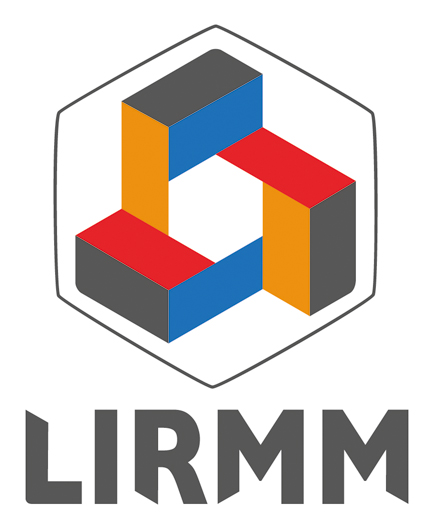Les systèmes d’information actuels sont basés sur l’exploitation de données provenant d’un nombre croissant de sources hétérogènes. Pour maîtriser la variété des données, il est nécessaire de développer des paradigmes d’accès aux données qui s’adaptent aux différents types de sources, ainsi que des langages déclaratifs de haut niveau assurant le traitement de ces données et leur qualité. L’équipe BOREAL s’intéresse aux problématiques de raisonnement, à la fois fondamentales et appliquées, dans un contexte de variété des données. Son expertise en représentation de connaissances et raisonnement automatique est mise au service de la conception de nouvelles techniques pour la gestion de données hétérogènes et fédérées, qui s’appuient en particulier sur des langages expressifs à base de règles.

